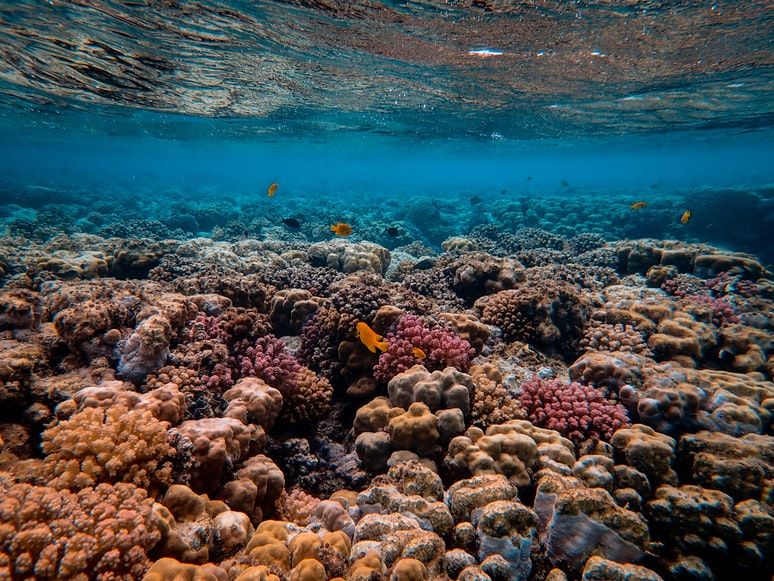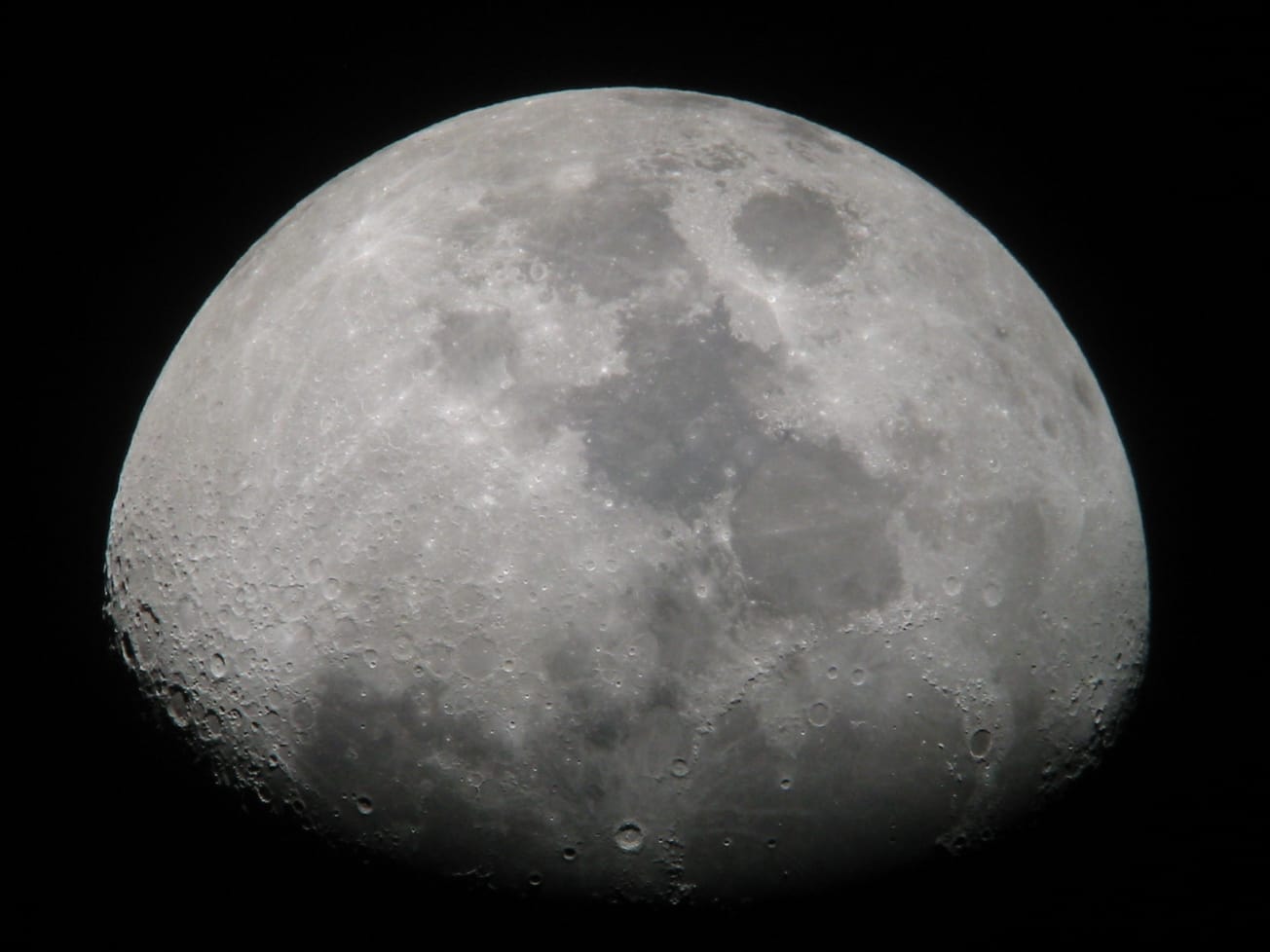By James Emery, SciTech Deputy Editor
A joint project between the University of Bristol and the University of Exeter has found evidence that destroyed coral reefs can have their diverse ecosystems revived
Researchers from the latest collaborative project between the universities of Bristol and Exeter found a vivid and thriving soundscape has restored coral reefs in Indonesia. The project was based around thousands of square meters of restored coral reef which had previously been destroyed by pollution and bleaching.
Upon discovery, it was hoped that these new reefs will be able to rebuild the massive ecosystem that the original reefs once supported, but it was unclear whether that would be possible. However, new evidence from acoustic recordings of the reef taken between 2018 and 2019 give a positive outlook on the reefs future.
The recordings taken from the restored reef were found to be quite diverse, with some sounds that had never before been documented. One of the projects collaborators – Professor Steven Simpson of Bristol School of Biological Sciences – said, 'Some of the sounds that we recorded are really bizarre and new to us scientists.'
'This study provides exciting evidence that restoration really works for the other reef creatures too'
He added: 'We have a lot still to learn about what they all mean and the animals that are making them. But for now, it’s amazing to be able to hear the ecosystem has come back to life.'
When the recordings from the new revived reefs were compared to those of healthy reefs, the soundscapes were not identical but they had a similar sound diversity, which implies a recovering ecosystem. The diversity of sounds found in the restored reefs was also much greater than recording of degraded reefs.
Delighted @TimACLamont has started his @Royalcom1851 Research Fellowship with us. Tim's joining us after a really successful PhD with @DrSteveSimpson & @Dwarf_Mongoose, & lots of excellent sci comm. He’ll be working on scales of ecosystem functions in relation to reef restoration pic.twitter.com/r7F1M1ZqmR
— Nick Graham (@naj_graham) January 12, 2022
Lead author of the paper, Dr Tim Lamont from the University of Exeter and the Mars Coral Reef Restoration Project, told Epigram: 'Restoration projects can be successful at growing coral, but that’s only part of the ecosystem. This study provides exciting evidence that restoration really works for the other reef creatures too – by listening to the reefs, we’ve documented the return of a diverse range of animals.'
The restored reefs were built by the Mars Coral Restoration Project, an organization which is attempting to restore the reef in central Indonesia. The project places hexagonal metal frames called ‘reef stars’ over the restoration zone.
When asked about the project, Mochyudho Prasetya, of the Mars Coral Reef Restoration Project, added: 'We have been restoring and monitoring these reefs here in Indonesia for many years. Now it is amazing to see more and more evidence that our work is helping the reefs come back to life.'
Marine species taking refuge in unknown waters due to higher temperatures, Bristol and Exeter Uni study finds
'I want to put my energy into doing my bit for the environment': In conversation with Gillian Burke
It is believed that the diversity of sound found in these revived coral reefs is a good indicator that the reefs have a better chance at becoming self-sustaining, due to the sounds attracting more animals that can diversify and maintain reef populations. This means that in the future the reefs can hopefully become independent of human intervention and survive without us.
When asked about the causes of the coral reef destruction and what can be done to stop it, Dr Lamont replied: 'If we don't address these wider problems [pollution and bleaching], conditions for reefs will get more and more hostile and eventually restoration will become impossible.
'Our study shows that reef restoration can really work, but it's only part of a solution that must also include rapid action on climate change and other threats to reefs worldwide.'
Featured Image: Unsplash/Francesco Ungaro
Have you ever seen the effects of coral reef destruction?









